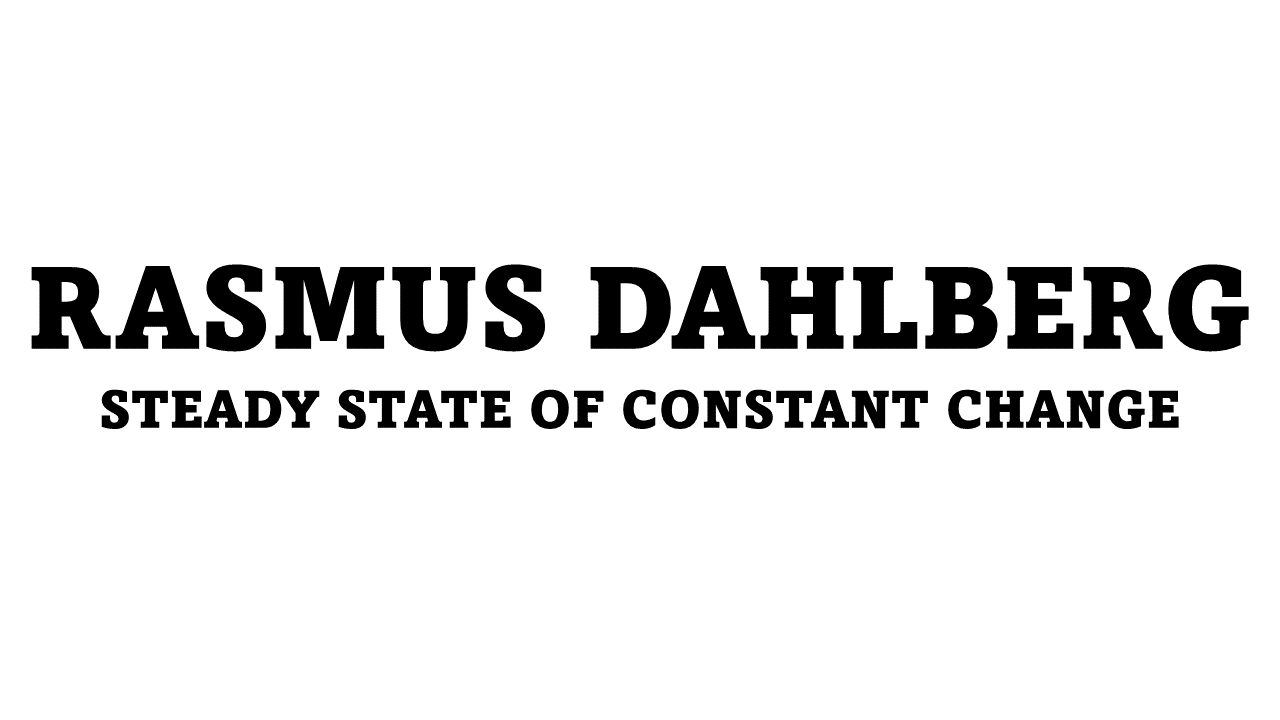On reading Ben Sherwood’s excellent “The Survivors Club: The Secrets and Science that Could Save Your Life” I stumbled across the interesting notion that religious people seem to have an edge over non-believers in life-threatening situations. Sherwood argues that there doesn’t appear to be much of a difference between followers of Christianity, Islam, or other religions – the basic believe in something that is bigger than yourself is what gives you just that extra 10 pct. of will to live when you’re caught under the rubble or find yourself in the middle of a freezing ocean in a small life raft.
In disaster studies the ability of a social system or an individual to withstand the forces of nature, manmade hazards etc. is called “resilience”, and religion/life philosophy plays a vital role in how resilient you are. But, according to Sherwood, being TOO religious is just as bad as having no God at all in a disaster situation. Deeply religious people tend to put their lives in the hands of God when everything falls apart, and while this strategy may be appropriate and comforting when fighting terminal cancer, it is not optimal when caught inside a burning building or onboard a sinking ship. Sherwood states that “somewhat religious” people (e.g. those who only go to church at Christmas but still believe in God and try to live more or less in accordance with their faith) in fact have a small head start when it comes to survivability: they feel that “someone” is watching over them and that everything in some way makes sense even if it seems like there is no hope right now – while at the same time they do stay in command and actively pursues a positive outcome.
As the old saying goes: “There are no atheists in the trenches.” But there shouldn’t be any fundamentalists in disasters, either.
